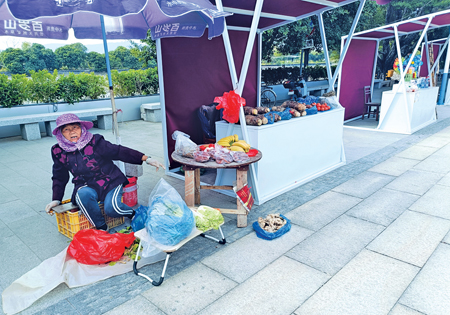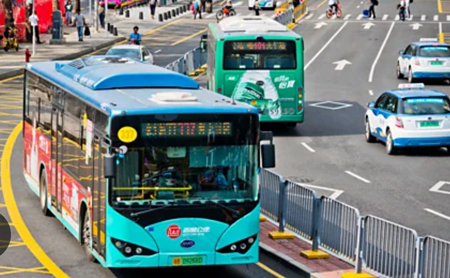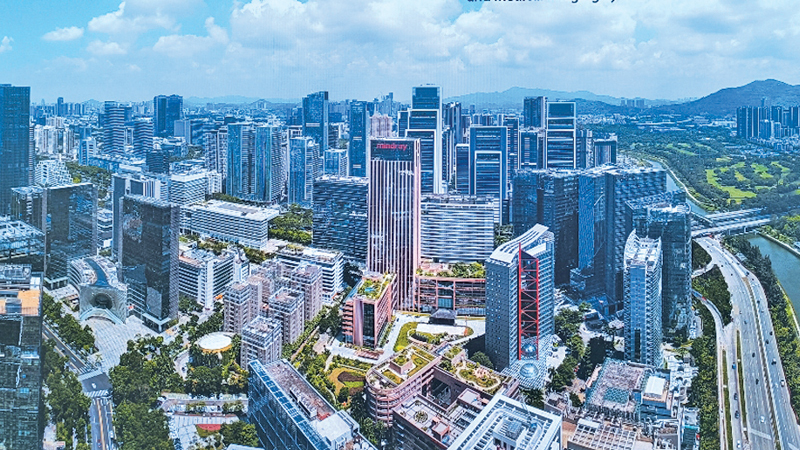The City of Shenzhen in China which was a coastal village 40 years ago, with proper planning and help from the Chinese Government, has today emerged as the world’s first city to be 100% powered by green energy for transportation.
An official from Foreign Affairs Office of Shenzhen Municipal Peoples Government told Sunday Observer Business in China that Sri Lanka too can learn a lot from the progress made by them.
Sri Lanka has promising features which will enable the country to be converted to a smart country and said that they are ready to guide and help Sri Lanka to move towards a greener country at a faster pace.
Shenzhen, in southeastern China, is a modern metropolis that links Hong Kong to China’s mainland. It’s known for its shopping destinations, including Luohu Commercial City, a massive mall with a vast array of wares, from tailors’ custom clothing to designer bags. The city also features contemporary buildings, such as the 600m-tall skyscraper Ping An International Finance Centre, and a number of amusement parks.

A former resident selling merchandise at the village. Pix: Shirajiv Sirimane
‘’One of the key pillars of our success towards being a green city and also to be the first ‘best free economic zone in China’ is Government policies and opening of the country in 1978.
Due to the close proximity of Hong Kong, many foreign countries including , Singapore , Japan, South Korea, UK invested in this new emerging fishing village as it opened.
“Today, with the population passing over 17 million with a fair share of experts and with an average age of under 35. Over 70% of other vehicles are EV enabled.’’
The city has provided green labels for number plates while blue number plates are used for non-EV vehicles.
Shenzhen airport and the Port handle millions of passengers and vessels and aircraft also discourages ships using heavy fuel entering the port and there are plans to emissions.
 He said that one of the unique features of the city is the management of dust. “We use mobile trucks to spray water and Chemicals to ‘diffuse’ dust and other precautions are being taken at construction sites. We have a lot of green plants and even the rivers which were very polluted 20 to 30 years ago are now clean and have lot a of fish and birds and humans using them.”
He said that one of the unique features of the city is the management of dust. “We use mobile trucks to spray water and Chemicals to ‘diffuse’ dust and other precautions are being taken at construction sites. We have a lot of green plants and even the rivers which were very polluted 20 to 30 years ago are now clean and have lot a of fish and birds and humans using them.”
Highlighting another project the Sri Lankan media were taken to the Lang Ton village in Guangzhou where a very effective private-public project was showcased. Here VIP Shop, a private startup company in the region has converted a rundown village over 100 years old to a major tourism attraction which is now been patronised heavily by local and foreign tourists.
There is a market where locals produce is sold, and the investors has also built a novel concept library and a museum using modern methods moving away from traditional displays.









